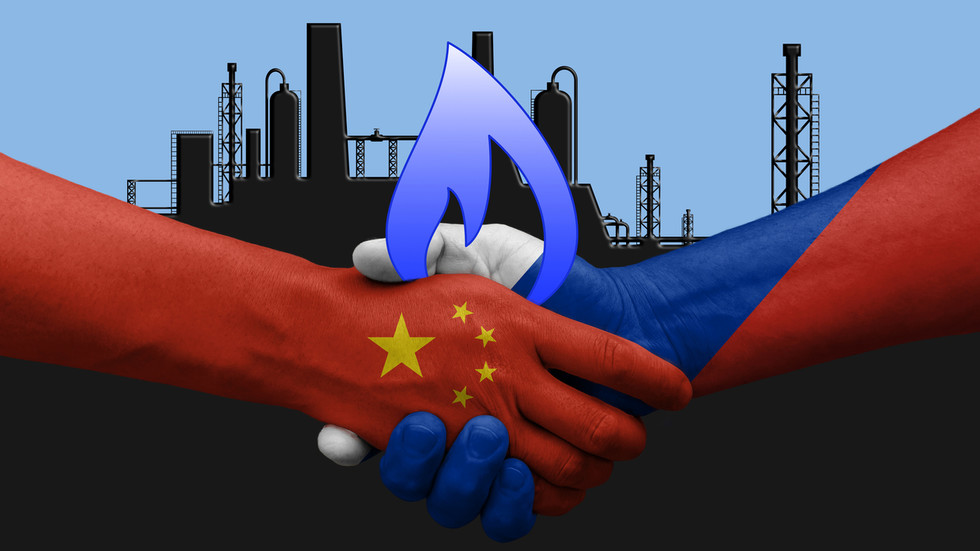Turnover between Moscow and Beijing could surpass $200 billion by the end of the year, Igor Sechin has suggested
Moscow is on course to become Beijing’s largest foreign trade partner, after the US, Rosneft CEO Igor Sechin told the Russian-Chinese energy business forum in Beijing this week.
China has been Russia’s largest trade partner for over a decade while this year Moscow placed fourth on Beijing's list, but this year’s surge in bilateral trade signals a change in rankings, he stated.
“If such bilateral trade dynamics continue, Russia may become China’s second largest trading partner after the US in the coming years,” Sechin suggested, noting that this would rank Russia ahead of Japan and South Korea. Both countries have seen a sharp drop in bilateral trade with Beijing, he added.
Sechin observed that trade turnover between Russia and China has jumped by nearly 30% in the first nine months of the year, to roughly $176 billion.
“There is every reason to believe that trade turnover between our countries will exceed the target of $200 billion this year,” he said.
Total turnover over the past five years has grown to $660 billion, with energy making up more than 75% of Russian exports to China, Sechin added.
The Rosneft head noted that both China and Russia are currently carrying out “structural reorganization of the economy under increased external pressure,” referring to sanctions imposed by Western nations, which have largely targeted Russia, but also partly Chinese companies, especially in the tech sphere......More Below
https://www.rt.com/business/585525-russia-china-trade-surge/
Ghana is interested in purchasing a floating nuclear power plant from Russia, Ghanaian Ambassador to Russian Koma Steem Jehu-Appiah told Sputnik.
"I know that our minister of energy was here last year and signed a corresponding agreement. I think this is innovative, and in a conversation with the minister of energy, he said that the country is interested.
So, Ghana could purchase such a nuclear power plant," the diplomat said when asked about the possibility of Ghana purchasing a floating nuclear power plant.
Russia and Ghana began cooperation in the field of nuclear energy after signing an intergovernmental agreement in 2015.
The agreement outlined plans for joint work in the areas of training specialists, building nuclear power plants and related infrastructure, and providing maintenance services. In October 2023, representatives of Rosatom met with the Ghanaian Ministry of Energy in Cape Town. At the meeting, Russia proposed using floating nuclear power plants to supply power to ...














